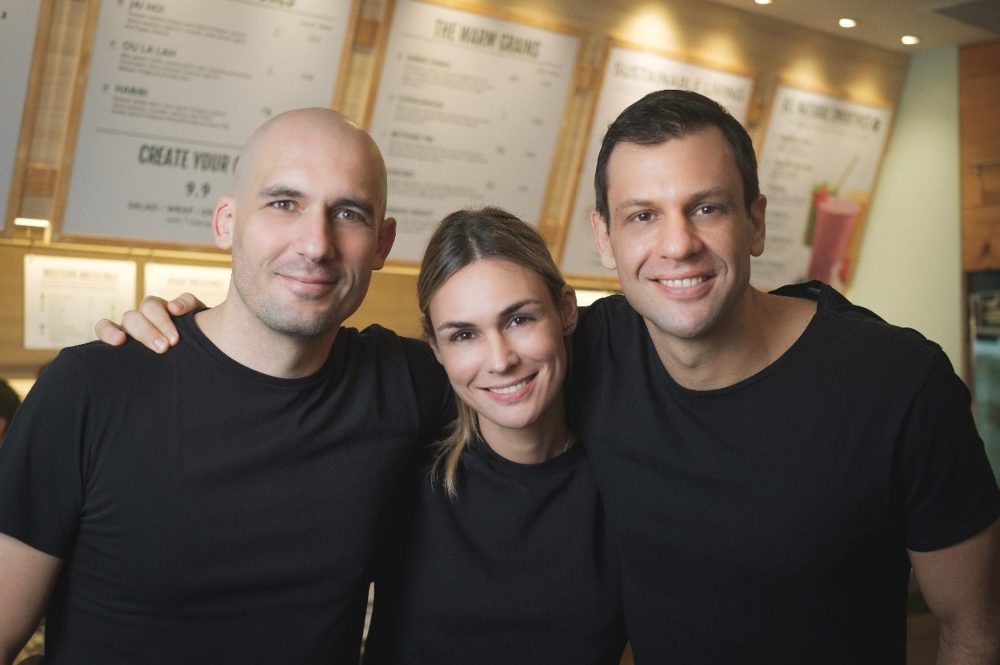Singapore-based food and beverage chain SaladStop has raised S$12 million ($8.88 million) in VC funding with a view to “fostering more tech-enabled growth,” it announced today.
The Series B round was led by Singaporean sovereign fund Temasek, with Indonesian VC East Ventures, Singapore’s K3 Ventures, and US-based Vulcan Capital – the investment arm of the estate of Microsoft co-founder and philanthropist Paul Allen – among the new investors to participate.
Existing investor DSG Consumer Partners also participated in the raise.
The ‘grab n’ go’ salad chain was founded in 2009 by father-and-son team Daniel and Adrien Desbaillets, with the aim of creating a ‘healthy’ fast food option for busy urban consumers in Singapore.
SaladStop has since evolved into a hybrid offline-online retailer. Digitalization was a gradual process, but was accelerated by the Covid-19 pandemic; today, more than half of the company’s sales come from online channels.
Now, the company’s ambitious goal is “to become the leading personalized nutrition company in Asia” through tech adoption and development.
“Our mission is to shape the future of food in Asia, and to ensure that healthy food is convenient and accessible to everyone,” CEO Adrien said in a statement.
To do it, SaladStop is being “fuelled by innovative and proprietary technologies, a network of cloud kitchens, and a new generation of transparent, tech-enabled, and scalable health food brands,” he added.
Those additional health food brands include sushi and poke chain Wooshi, plant-based protein e-grocer Good Food People, and Heybo, which sells takeout bowls focused on grains.
Beyond launching these new concepts, the SaladStop Group has also used the past few years to expand to 69 locations across Singapore, Hong Kong, Indonesia, Japan, South Korea, Vietnam, the Philippines, and Spain.
Some of the Series B funding will be used for further geographical expansion; the company plans to launch in four further Asian countries by 2025, while growing its presence in the region’s “second-tier cities” by building more cloud kitchens.
“We have built an extensive infrastructure across the region over the past few years and will continue to leverage our technological capabilities and proprietary cloud kitchen operating model to accelerate our growth in emerging markets. Today, we cater to an addressable market of 69 million people across 11 cities – and [we] aim to serve over 20 million meals by 2025,” said Frantz Braha, SaladStop’s chief growth officer.
The company also said it will up its investment in food sustainability, with a focus on ingredient traceability and a plan to open its first ‘net-zero’ outlet next year. Other areas where SaladStop says it is reducing its carbon footprint include ‘green’ packaging, support for reforestation schemes, and “being the first and only business in Asia to allow customers to carbon offset their meal.”





